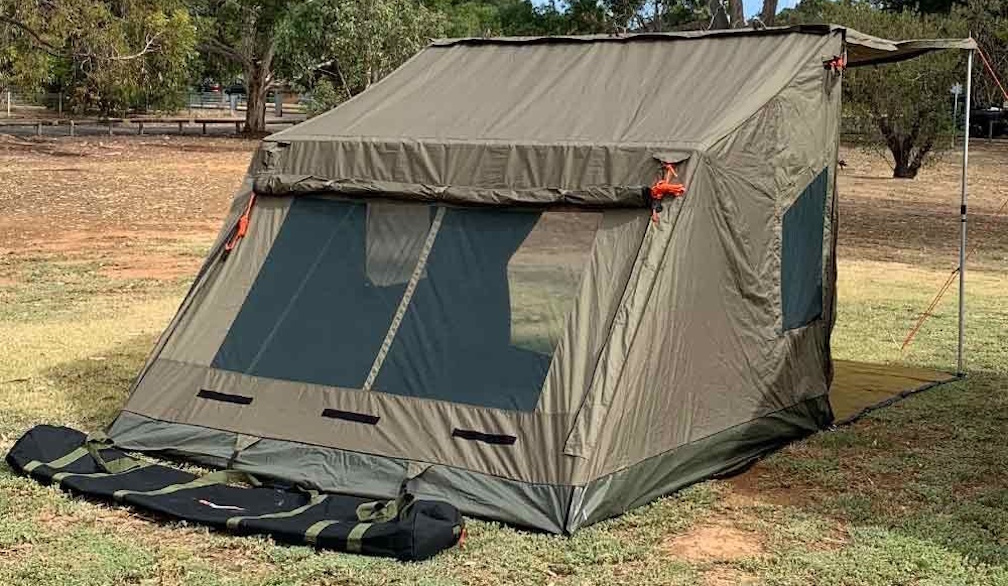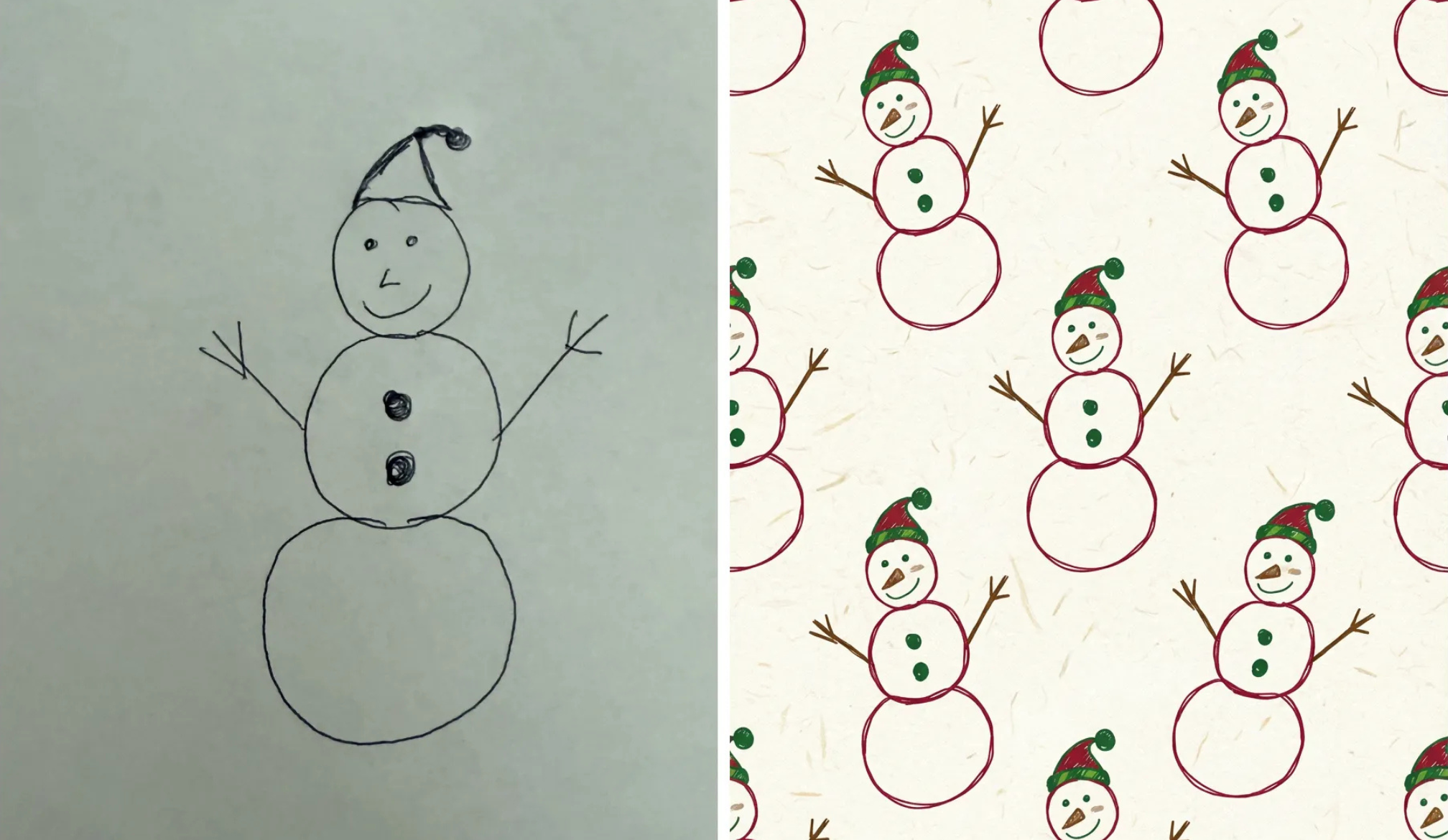How can you help your child prepare to start high school next year?
- Written by Jill Colton, Program Director: Secondary Programs and Senior Lecturer: English and Literacy Education, University of South Australia

Moving from primary to high school is one of the biggest transitions in a child’s education. For some, it can be a really daunting time, moving away from friends, travelling to a new place and starting very different routines.
Preparations to start high school can begin long before the end of January – as children may have strong feelings about next year already.
How can parents help their child make this transition, using the time they have left this year and the long school holidays to come?
What are the key challenges?
Research shows[1] young people face a range of challenges when they move from primary school to the high school years.
The high school environment and learning methods can feel very different from primary school – with different classrooms and multiple teachers. In combination with the physical and cognitive changes also going on with adolescence, this can cause stress.
Young people’s motivation around school work can take a dive during this time. This can be because their sense of belonging is disrupted.
Some students also find the change lonely and unsettling[2], particularly if they don’t know many or any students in their new school.
What can you do?
Many schools run transition programs for new students, including orientation days or sessions during term 4.
These opportunities to visit the new school will allow you to find out how your child is perceiving this time of transition. This is a perfect time to show your appreciation of their resilience (“good on you for going along, I’m proud of the way you listened to the principal’s address with an open mind”) and let them know you are there for them.
You could ask the school about where students store their belongings during the day, what the school day looks like, and where they can go if they are feeling unsure or worried.
Encourage friendships
We know friendships can help young people feel safe[3] and like they belong.
Some children will be moving into high school with friends or peers from their primary school, and the long summer break is a great time to meet up so those important connections are maintained.
Connections can also be made with older students who attend the school, through family, sport or other social and community links.
Others will be starting at a new school where they do not know anyone. You can use this time ahead to talk about ways[4] of initiating and sustaining peer relationships.
Suggest they take time to notice the other people in their class and get to know their names. It is also helpful to be a good listener but also be prepared to tell others something about yourself.
Changes in the brain
Moving from primary to high school coincides with an important stage in a young person’s brain. This can be a time[5] of great social, emotional, physical and cognitive growth. It can see a fluctuation in their moods, motivation and wellbeing.
But it also sees[6] adolescents’ ability to process new information increase, as well as the importance of connection to their peers.
Talk to your child about recognising their emotions and practising self-compassion[7] – treating oneself with kindness – which has been shown to support resilience and wellbeing.
Be available to talk through decisions (be the “guide on the side”), discuss complex topics (while appreciating their opinions) and model healthy behaviours (such as eating well and exercising). For example, “you seem a bit stressed at the moment. That could be because there is a big change about to happen. Do you want talk about it? Let’s go for a walk or ride together”.
Talking with your child
It’s important for kids to feel like they will be listened to without judgement, and know the adults in their lives will be there for them, even when they make a mistake.
The way you talk about your own school experiences will influence how your child perceives their own experiences. It’s more likely their experience of transition will be positive when they have a positive view.
But, keep in mind, adolescents are less likely to speak to parents or want parents to be involved at this time as increasingly, they are trying to manage socially and emotionally on their own[8].
Instead of giving advice/telling your child what to do, you could instead discuss how difficult situations can be navigated – and support them to solve their own problems, such as talking to teachers themselves[9].
Let your child know it is OK to talk with other trusted adults as they work through the challenges and changes in their lives.
The author wishes to thank Shaan Gilson, Director of Primary Programs at the University of South Australia, for her contribution to this article.
References
- ^ shows (www.tandfonline.com)
- ^ lonely and unsettling (ro.ecu.edu.au)
- ^ help young people feel safe (www.researchgate.net)
- ^ talk about ways (kidshelpline.com.au)
- ^ can be a time (www.routledge.com)
- ^ also sees (www.sciencedirect.com)
- ^ practising self-compassion (www.sciencedirect.com)
- ^ on their own (www.routledge.com)
- ^ talking to teachers themselves (www.teachermagazine.com)























